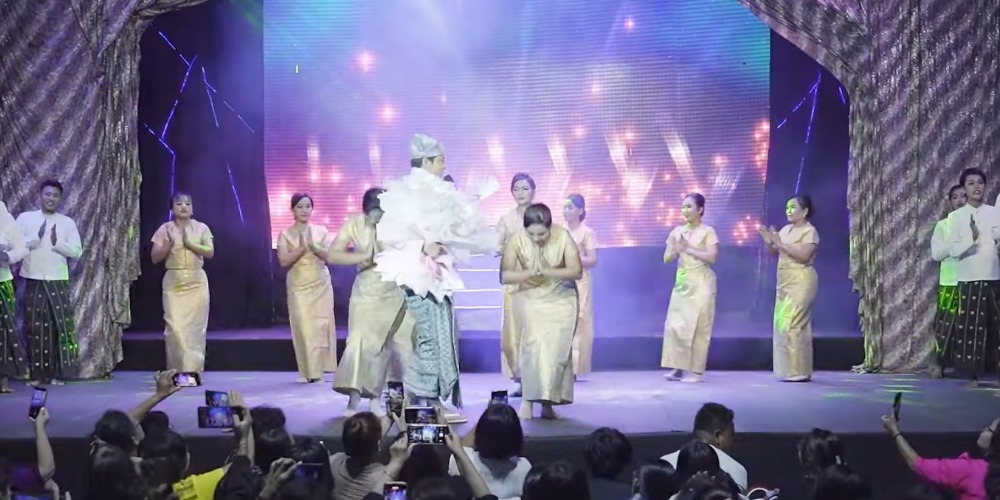A new survey of the top 150 colleges in the United States found that nearly 25 percent of students believe it is acceptable to use violence to shut down a controversial speaker on campus.
At several elite women’s colleges, the number shockingly jumps to nearly 50 percent.
According to Just the News, Claremont-McKenna College ranks best in the country for free speech, while DePauw University ranks the worst.
The conclusions are based on the answers of over 37,000 college students at 159 of America’s largest campuses, conducted by the Foundation for Individual Rights in Education, College Pulse and RealClearEducation.
“Existing ranking systems don’t look at a core aspect of higher education: the ability to think, discuss and speak freely,” the Foundation for Individual Rights in Education Executive Director Robert Shibley said. “Our rankings guide prospective students and their parents towards schools that value free speech and open inquiry. They also help us hold schools accountable and demand they do better.”
The survey evaluated free speech on campus using seven different categories: openness to discussion of controversial topics, tolerance for liberal speakers, tolerance for conservative speakers, administrative support for free speech, comfort expressing ideas publicly, whether students support disruptive conduct during campus speeches, and FIRE’s speech code rating.
According to the survey, the top five colleges for free speech include Claremont McKenna College, the University of Chicago, the University of New Hampshire, Emory University and Florida State University.
The worst, meanwhile, are DePauw University, Marquette University, Louisiana State University, Wake Forest University and Boston College.
“There are fundamental questions that every student should want answered before committing to a college,” FIRE Senior Research Counsel Adam Goldstein said. “The value of higher education comes from developing a fuller understanding of the world by asking questions that challenge the status quo. A college that won’t clearly protect your right to ask those questions is a bad deal, even if it boasts small class sizes or a fancy stadium.”
 A new survey of the top 150 colleges in the United States found that nearly 25 percent of students believe it is acceptable to use violence to shut down a controversial speaker on campus. At several elite women’s colleges, the number shockingly jumps to nearly 50 percent. According to Just the News, Claremont-McKenna College ranks […]
A new survey of the top 150 colleges in the United States found that nearly 25 percent of students believe it is acceptable to use violence to shut down a controversial speaker on campus. At several elite women’s colleges, the number shockingly jumps to nearly 50 percent. According to Just the News, Claremont-McKenna College ranks […]






